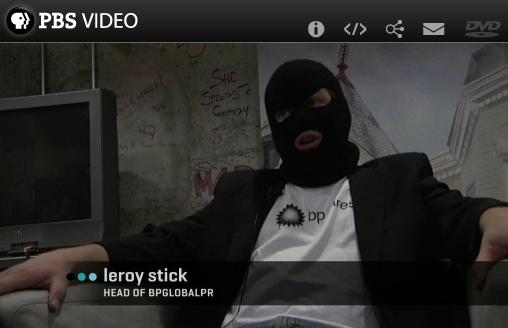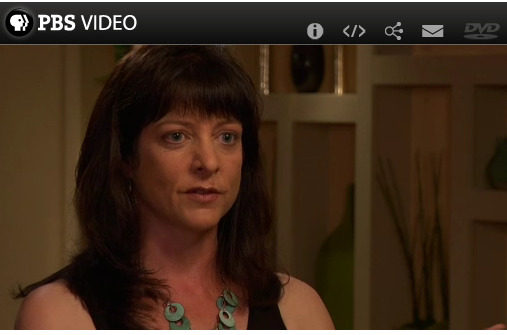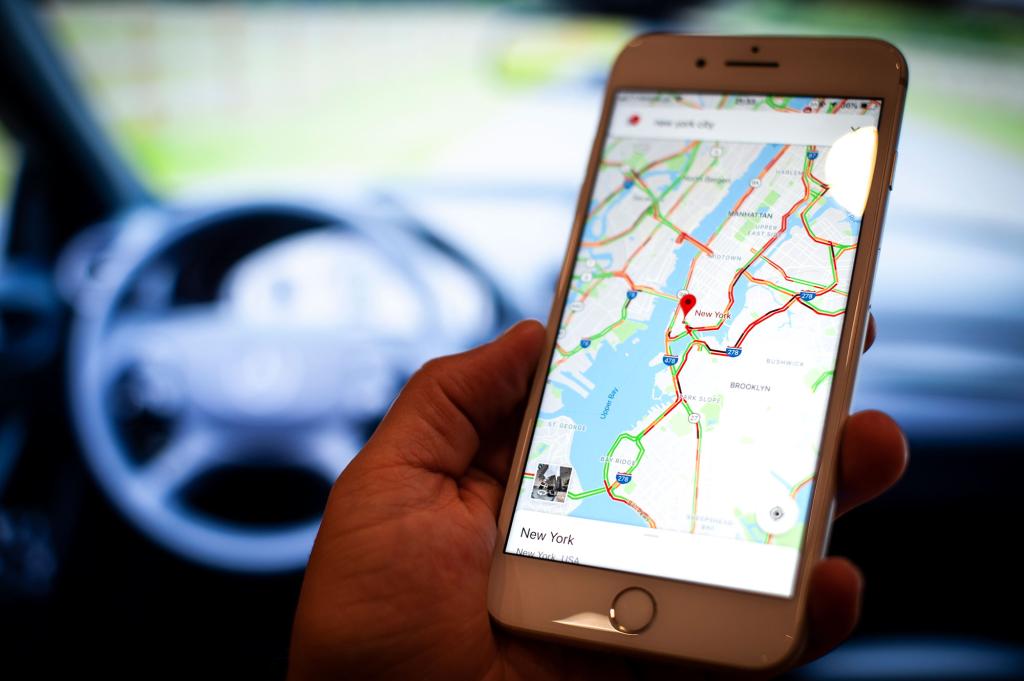 Leroy Stick is the brains behind a fake BP Twitter account called BPGlobalPR that’s racked up more than 180,000 followers. Need to Know‘s Erin Chapman grabbed an exclusive on-camera interview with him at the TEDxOilSpill conference.
Leroy Stick is the brains behind a fake BP Twitter account called BPGlobalPR that’s racked up more than 180,000 followers. Need to Know‘s Erin Chapman grabbed an exclusive on-camera interview with him at the TEDxOilSpill conference.
Stick (an alias) began feeding his updates to humor-starved news junkies on May 19 and — like the oil — hasn’t slowed since. Some of his recent status reports include:
As long as we can get loaded potato skins at T.G.I.Friday’s, seafood can suck it.
Tropical Storms = 1/2 days.
Anyone accusing us of tarring and feathering pelicans is ignorant. They feathered themselves.
In an undisclosed location, Stick agreed to answer some questions about his methods and motivation, as well as what BP is getting wrong in their PR campaign. He appeared in a ski mask and demanded that we disguise his voice (so please excuse the audio — transcript below).
Q. As PR director or PR captain for BPGlobalPR, tell me what the first tweet was that you did.
A. We acknowledged that something had happened in the Gulf of Mexico, and we said there’ll be more to come.
Q. And how many followers do you have now on Twitter?
A. About 180,000.
Q. That’s a lot more than BP used to have, I bet.
A. They have like 15,000.
Q. How many people really thought this was BP’s Twitter feed?
A. People still do, I think. We still get angry responses from people. At first, a lot of people were confused. Which was kind of an unexpected thing. We never really tried to fool people. We just sort of wanted to make jokes and then when people were fooled by it, we thought, like, “Well, that’s kind of indicative of how people trust larger corporations and, you know, PR efforts in general.” We’re used to being lied to.
Q. So, making fun of BP is shooting fish in a barrel or …
A. A little bit. The news is so bad that we have to try to make something that’s not funny, funny. And that’s kind of more our focus. But, they’ll continue to screw up, unfortunately. And I think the biggest challenge now is just trying to keep it in people’s heads, you know, like people are worn out. This is just the very nature of this whole disaster. You know, is it’s going to be a long haul.
And that’s what people need to act upon. Just get mad. You know? And I guess, like, in terms of the long-term movement, like hopefully, if this doesn’t start a push towards, you know, green, renewable energy, I don’t know what it’s going to take in America to make that happen.
But more importantly, in terms of corporate responsibility I hope this is a message to people that your brand does not belong to you. If people perceive you in a certain way, there’s nothing you can do about that. There’s no amount of damage control you can do to help that. I hope that what it could ultimately lead to is actual corporate responsibility. Rather than covering your brand, you actually try to relate to people, see what people want and then hopefully make progress.
Q. What is BP doing wrong in their PR campaign?
A. Well, they … Basically, they have a PR campaign. That’s what they’re doing wrong. The reason I started BPGlobalPR is because the whole thing just seemed useless to me. People get mad when they see an animal covered in oil. But they get even more mad when they find out that you’re trying to cover that up. That’s the whole point. It’s useless to protect your brand. Especially at the point that BP is at. No one will trust them.
Q. But, let’s take the case of the Exxon Valdez. I don’t think people hate Exxon anymore, do they?
A. I think that sentiment still exists. And I think this one’s different because it’s ongoing. Unfortunately, it’s far worse. And I think there’s just more tools for people to actually share actual information. We’re not relying on, you know, cable news for our information as much anymore. At least the young folks.
Q. If you had 10 minutes with BP’s actual PR person, what would you say to them?
A. If I had 10 minutes with BP’s PR people, I would tell them what I said before — you got to forget about protecting your brand. Because it’s over. Your brand is dead. It’s never going … Whatever you’re trying to build it up to be won’t work because no one’s buying it. It’s simply not going to work.
And I would point out that they are in a rare position where they actually have the world’s attention on them. And it’s not good attention, but it’s attention. So, if they actually wanted to save their brand or if they actually wanted to save their relationship with the public they could lead the way towards doing things like, what if they just stopped their offshore drilling?
What if they made that announcement? And just said, “We’re done with this. We’ve learned our lesson.” You know? If they actually did tangible stuff like they stopped that, they used their infrastructure they have in place — like their BP gas stations — like, what if they somehow used that to, you know, promote green, renewable energy like solar or electric cars or whatever. They have the infrastructure that not a lot of people have. They could make these moves. The only way for them to save themselves and to save their brand is to actually, for lack of a better word, repent.




